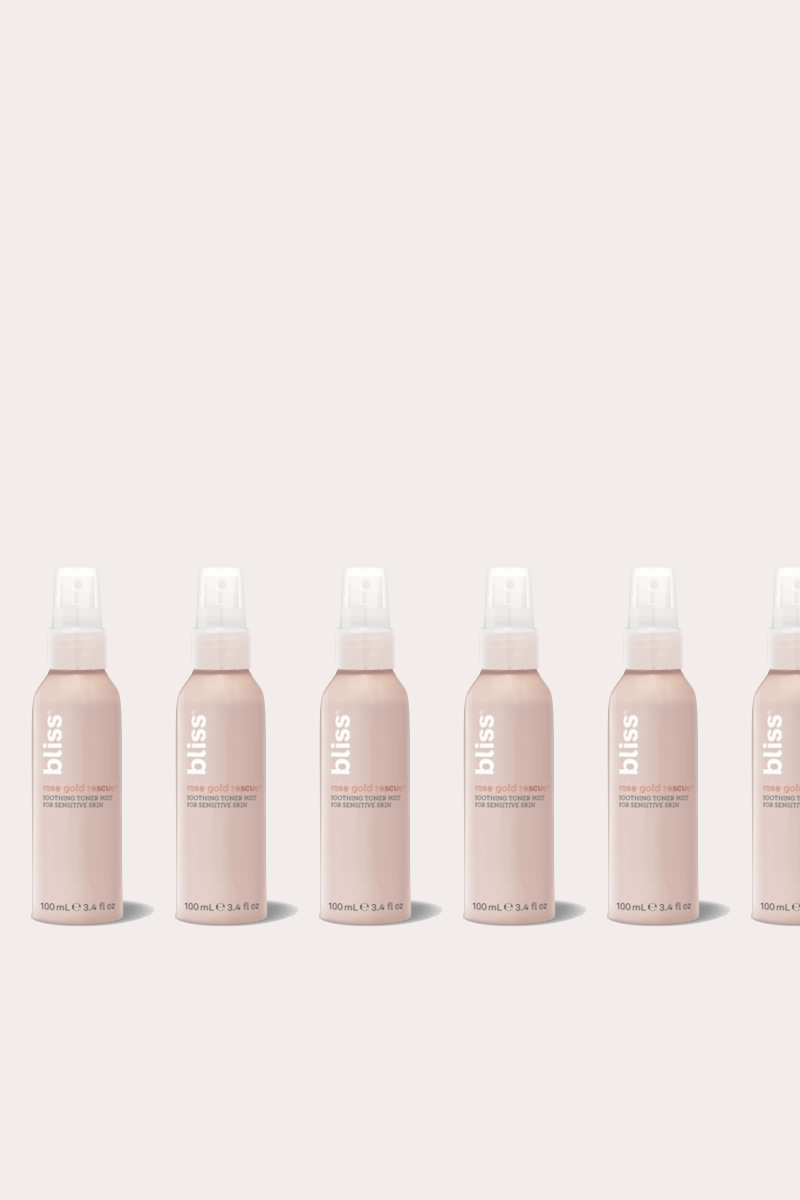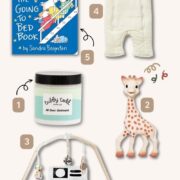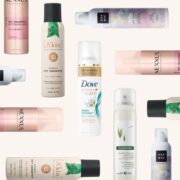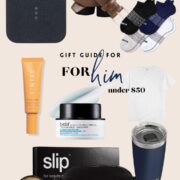Every few years buzz words sweep the beauty world by storm and suddenly we are questioning everything. What’s a paraben? Do I need CBD in my moisturizer? Are silicones bad for my hair? — the last one is the one we need to talk about today.
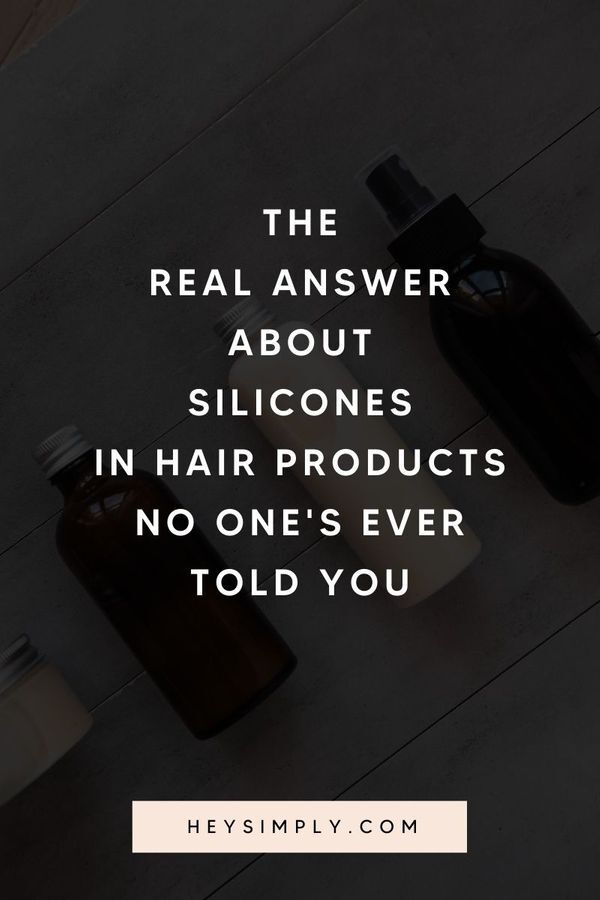
Like you, I’ve been plagued with this question and taking a deeper look at almost every product I use – proved that silicones are in just about everything. So what now? Do I throw out all of my hair products? Is green hair the new clean beauty? As always, I did the research so you don’t have to and here’s what you need to know about silicones in your haircare products.
Related: But Really, How Often Should I Was My Hair?
What’s a silicone?
Silicones are manmade polymers are added to hair products to help coat the hair shaft and create the slip needed to detangle hair, add shine, and allow the hair to feel smooth. They help retain moisture by creating a seal.
What products have silicones in them?
Just about every hair product: from hairsprays, shampoos, conditioners, and even serums.
Are silicones bad for you?
TL;DR – no, they aren’t the devil reincarnated.
As with all ingredients, not all silicones are created equal. The first differentiator you need to know is water soluble silicones vs. non-soluble silicones.
Non-soluble silicones in hair products
These are self-explanatory, basically these are silicones the you cannot remove with water. Non-soluble silicones can create a film on top of the hair shaft that seals it and doesn’t allow water or moisture from touching the hair.
If you don’t use a clarifying shampoo regularly, although you know you should (remember this post?) your hair will likely become more brittle and prone to breakage.
So why use non-soluble silicones in products at all? Good question. These silicones are great for protecting hair against high heat (i.e. when you blow dry or use hot tools on your hair).
First a little background lesson, did you know that foaming agents are added to soaps as a marketing tactic so that users feel like they are getting a deeper clean? It’s actually adding an unnecessary chemical into your solutions.
With the introduction of heat protecting serums that you and know both know that you are definitely using before adding any heat to your hair, I think it’s better to steer clear of non-soluble silicones. This post has my favorite hair serums including my favorite heat protecting spray (and it’s so affordable!)

Here are a list of popular non-soluble silicones in haircare:
- Dimethicone
- Cyclomethicone
- Amodimethicone
- Pheryl Trimethicone
- Ceteraryl Methicone
- Dimethiconol
- Stearyl Dimethicone
- Ingredients ending with “-cone”
Water-soluble silicones in hair products
Just like the name, this type of silicone that does allow water to penetrate into it and easily washes out with mild shampoos. There’s no heavy buildup here.
Here are a list of popular water-soluble silicones in haircare:
- Dimethicone Copolyol
- Lauryl Methicone Copolyol
- Any silicone with PEG as a prefix
Related: Secret To Healthy & Shiny Hair? Here’s 5 Things Never To Do
So should I avoid silicones?
Silicones have a lot of benefits like protecting your hair shaft and keeping it hydrated from within. They also help keep your hair smooth, prevent frizz, and reduce damage from heat tools.
If you have color-treated, thick, or curly hair you might want to opt for hair products that do have silicones in them for their benefits.
If you have fine or thin hair, you might want to avoid silicones because they have the tendency to weigh down your hair and limit volume.
Final thoughts on silicones in hair care
I wouldn’t toss out every hair product with the word “cone” or “poly” in it, but I would pay special attention to how often you are using these products. I wouldn’t use a shampoo and/or conditioner with silicones in it more than twice a week.
Use a clarifying shampoo weekly or at least every two weeks to reduce any kind of buildup.
Silicones are safe to use and don’t cause damage themselves to the hair shaft. With all things, moderation is key. Just figure out what works for you and make sure that you are using a heat protectant for extra security before you use any hot tools.




